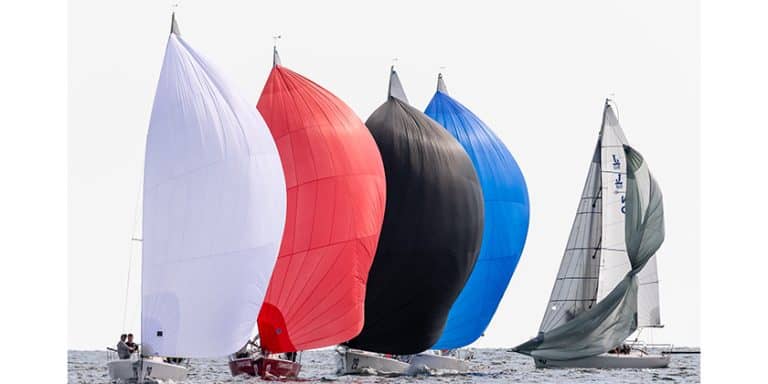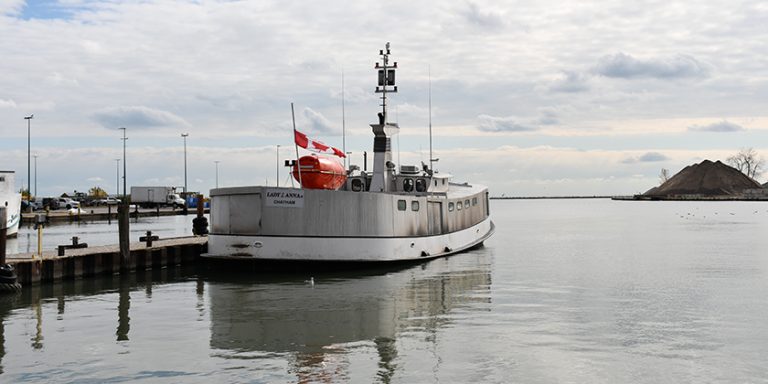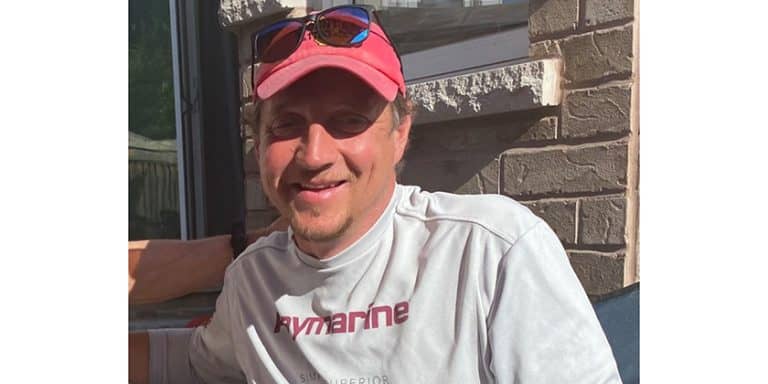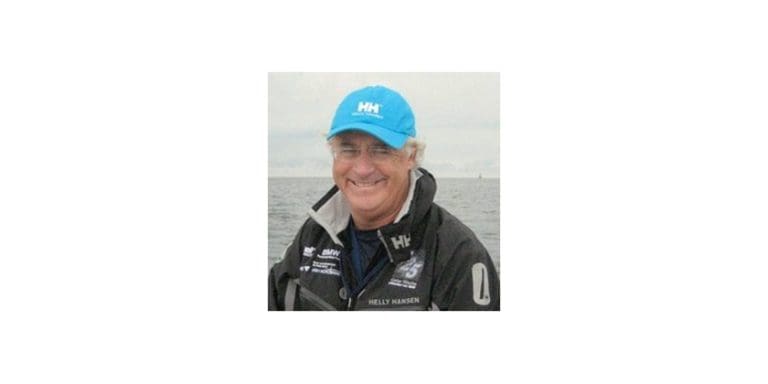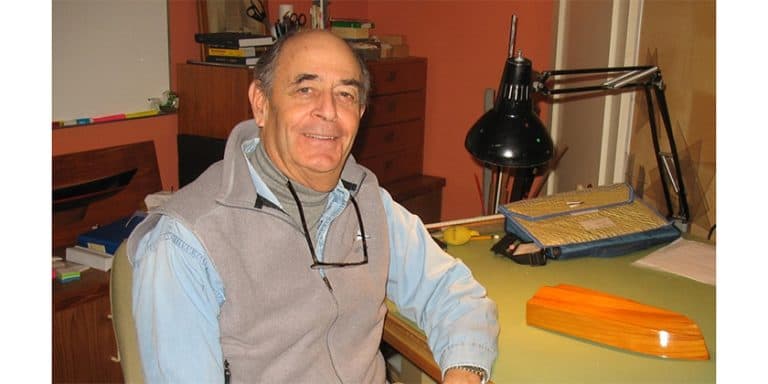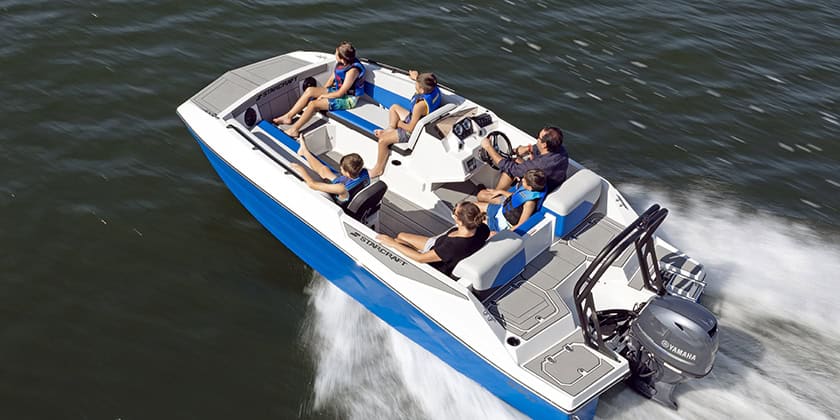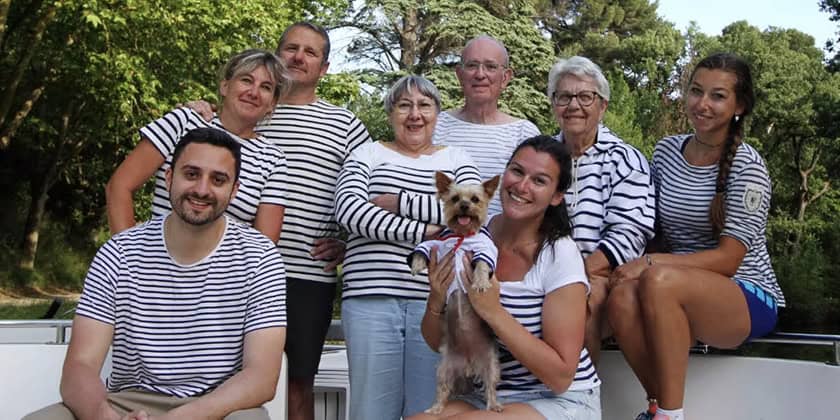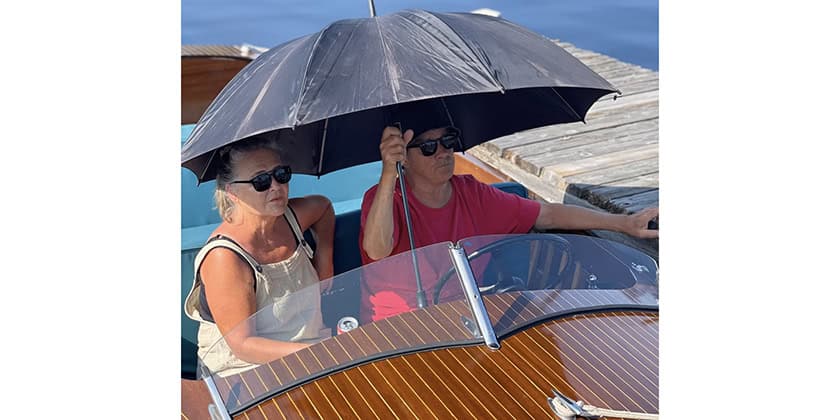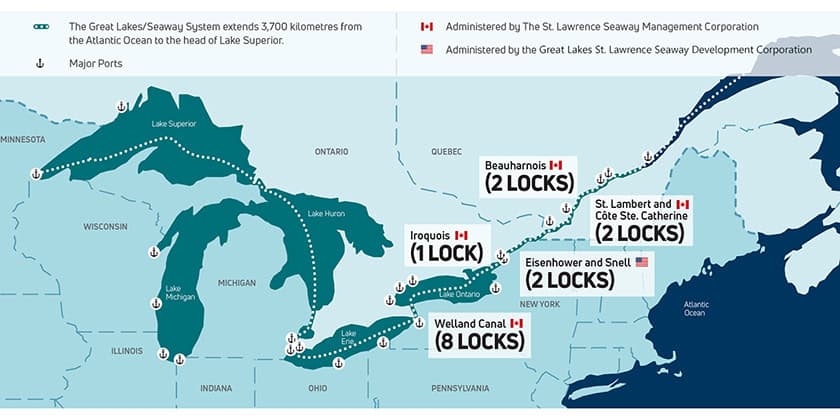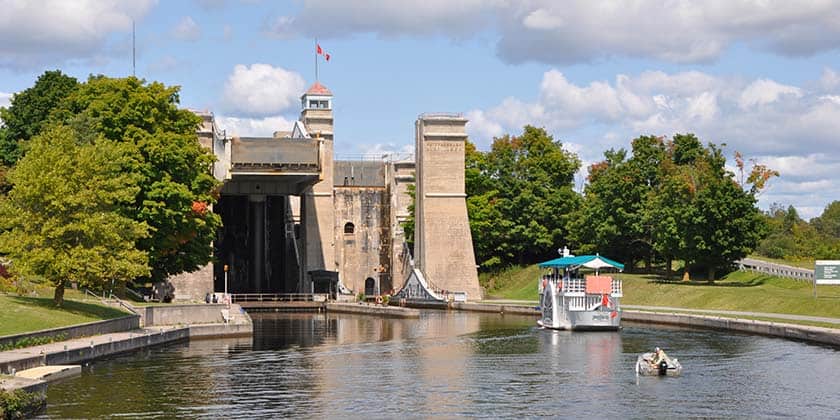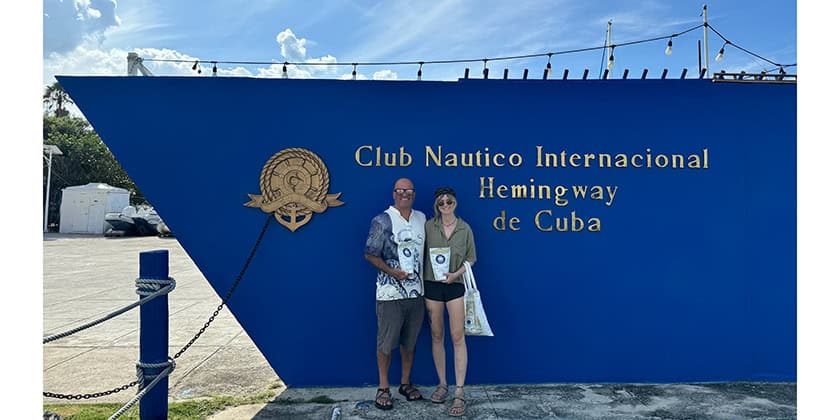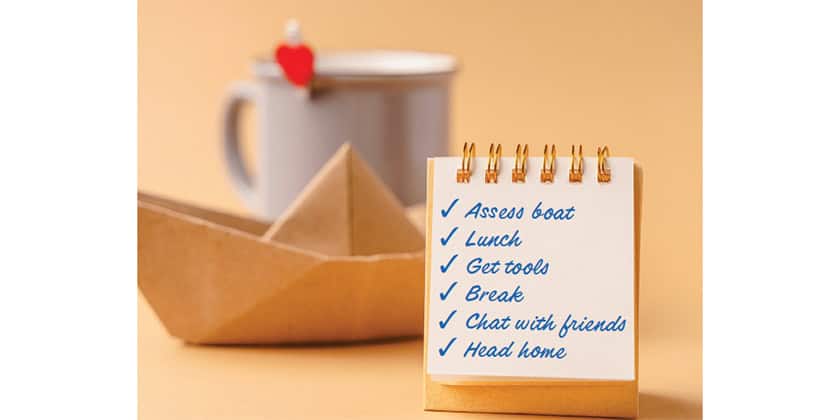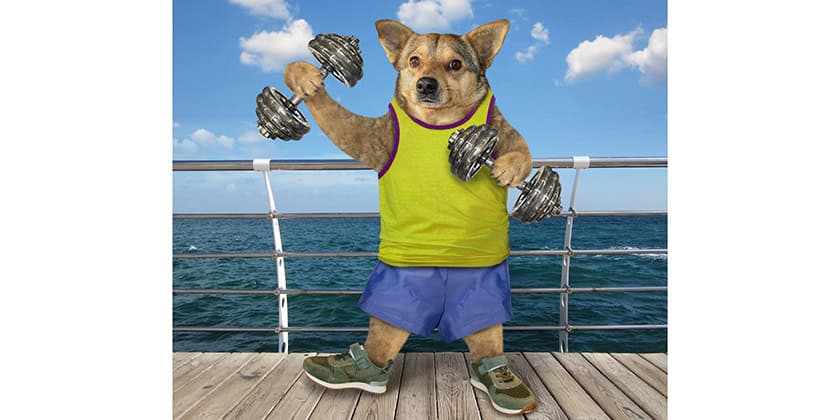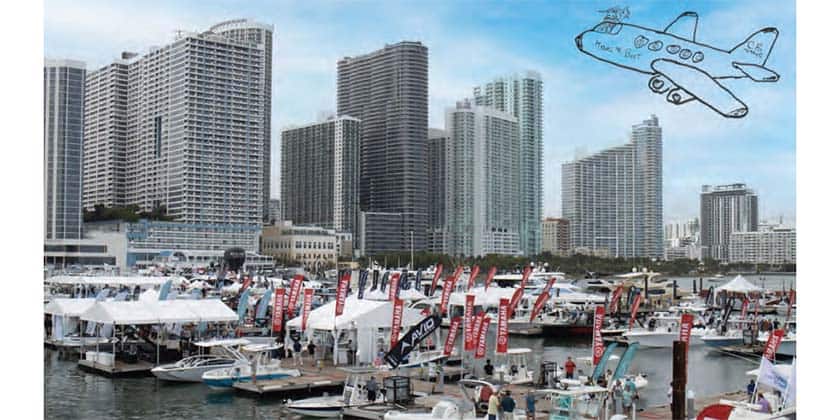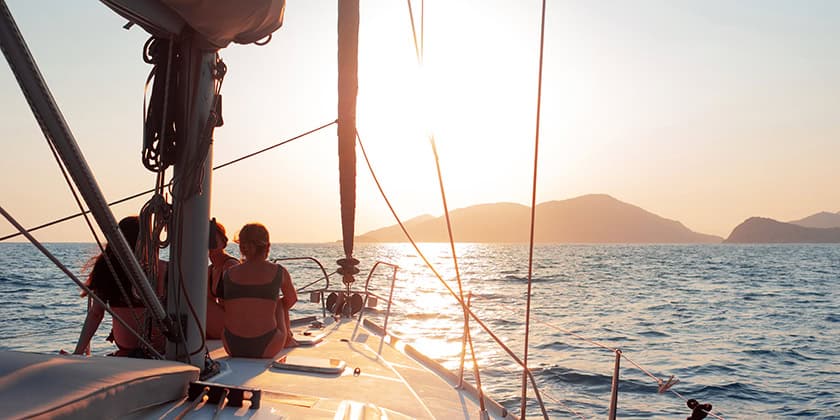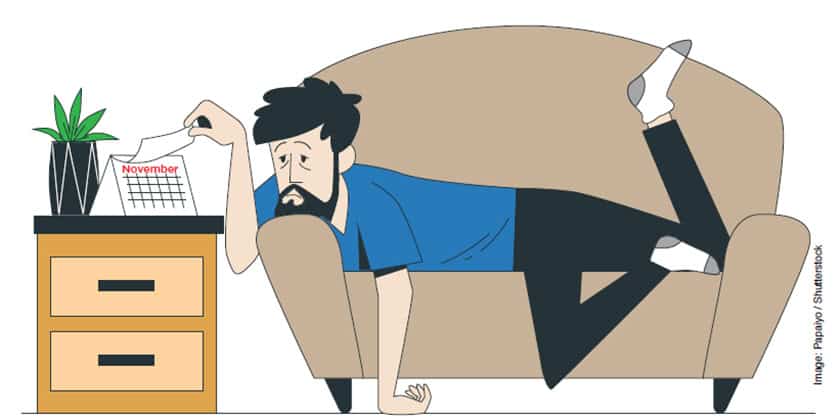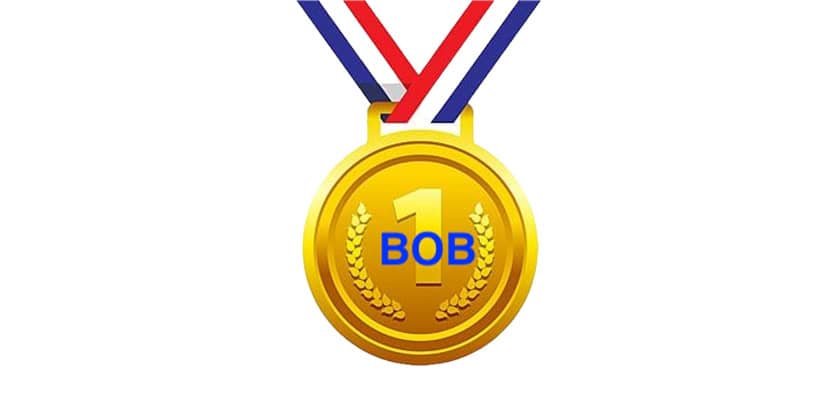Eight Bells for a Great Sailing Legend: Stuart Walker
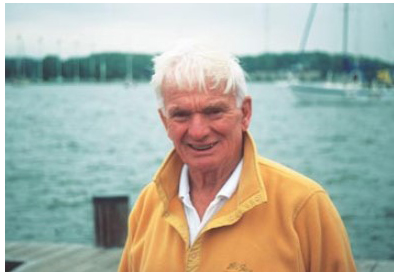
Nov 13, 2018
Stuart Walker a legend in competitive sailing passed away on November 12, 2018 in Annapolis. Stuart was always helping; coaching and his sense of humour and wit were to say the least crippling. I competed against him and his crew on many occasions and the respect of the fleets for Stuart was always present. Stu Walker was friend of all of us all the time and he always was there for any of anytime. At the Soling Worlds in Perth one year just before the first race, I slashed my hand open badly as we left the dock. And Walker was there and bandaged me up allowing me to sail that day. The sport will miss him more than many of us know because the was the essence of a great competitor, a friend and mentor to many.
–JK
From Wikipedia
Born in 1923 in Brooklyn, New York, Walker attended school in suburban Hartsdale and Bronxville, college at Middlebury College, and medical school at New York University. Walker was assigned in 1946 as a medical officer to the Army of Occupation of Japan ( United States Army 11th Airborne Division (Paratroops)). After reassignment from the army, he started a pediatric practice in Annapolis in 1953. Stuart became a full-time Professor of Pediatrics at the University of Maryland School of Medicine in 1961 and was Chief of Pediatrics at Mercy Hospital in Baltimore until his retirement in 1984.
Walker was a member of every American team in international matches between 1961 and 1971 and was, in 1963, the first American to win Bermuda’s Princess Elizabeth Trophy and, in 1964, England’s Prince of Wales Cup. He was a member of the American Olympic Team, sailing a 5.5 Meter at the 1968 Games and the Pan-American Games, and a Soling in the 1979 Pan-American Games and the 2012 Vintage Yachting Games.
Walker is the author of ten books on sailboat racing, sail trim, competitive behavior, and low-level wind flow, and is a lecturer and contributor to sailing magazines. He helped found the Severn Sailing Association. He published his 11th book, “Travels with Thermopylae”, in 2015, which describes a year of sailing and discovery in central Europe.
Walker was President of the International Soling Class from 1991 through 1994 . In this role he successfully campaigned to keep the Soling in the 1996 Olympics and to continue the fleet/match format. He also established a Technical Committee that included the major builders, and which has been successful in openly recognizing and solving problems before they become significant. He travels on a yearly basis to Europe to compete in Soling regattas.
Retirement
After finishing fifth at the eighth race of the 2016 European Championship Soling at Traunsee, Austria and leading the fleet to the weather mark in the ninth and last race, Walker announced his retirement from sailing on May 23, 2016 due to macular degeneration. With his retirement he completed a period of 47 years of Soling sailing. After his retirement Stuart continued sailing local races at the Severn Sailing Association in Annapolis.


